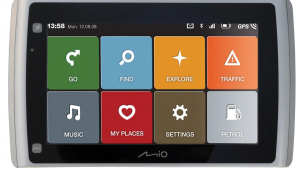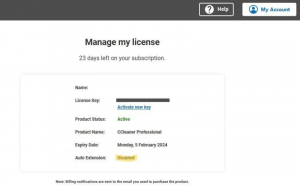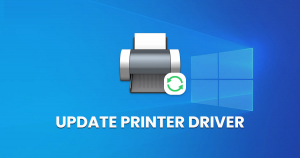Avoid Doing These 6 Things Online: Cyber Safety Tips
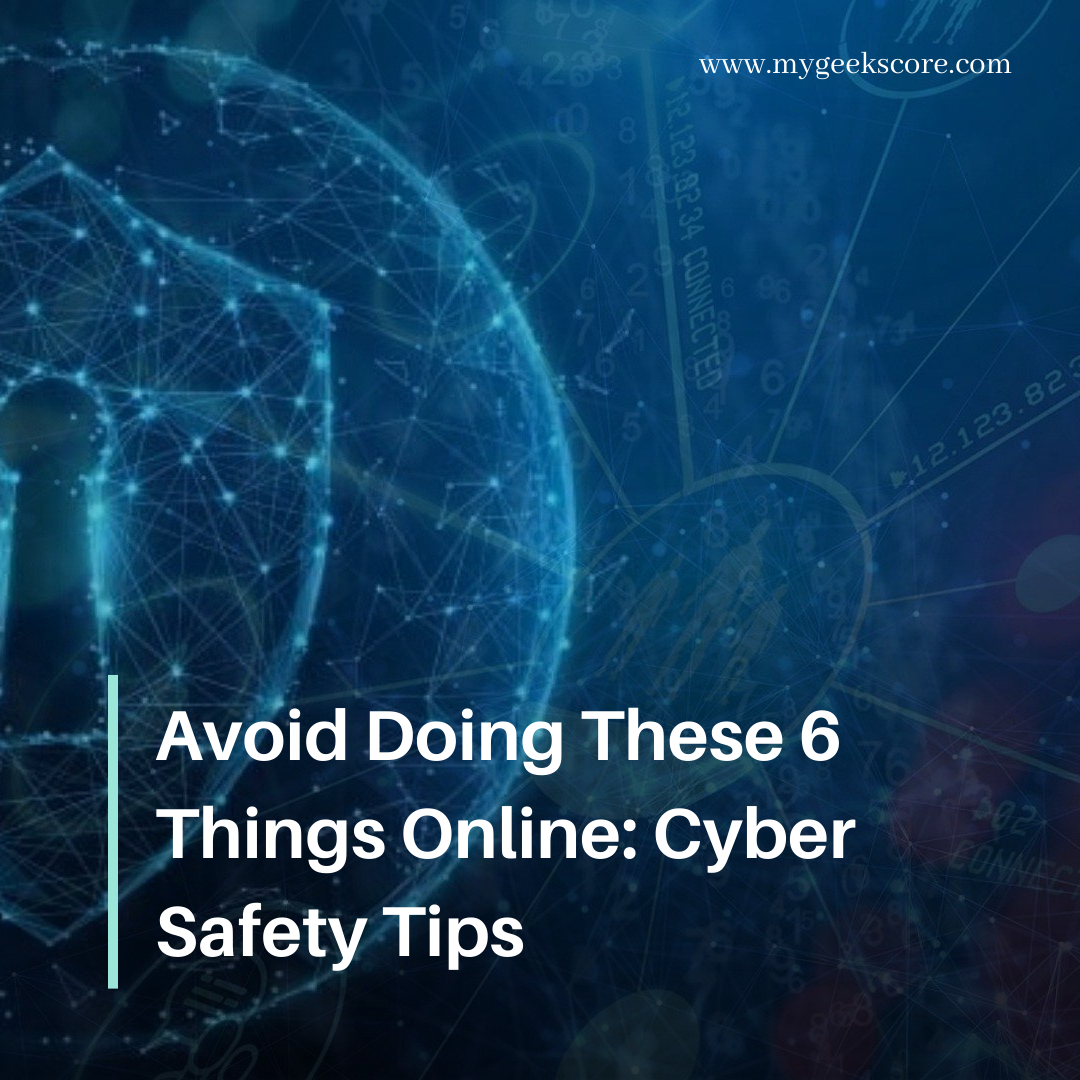
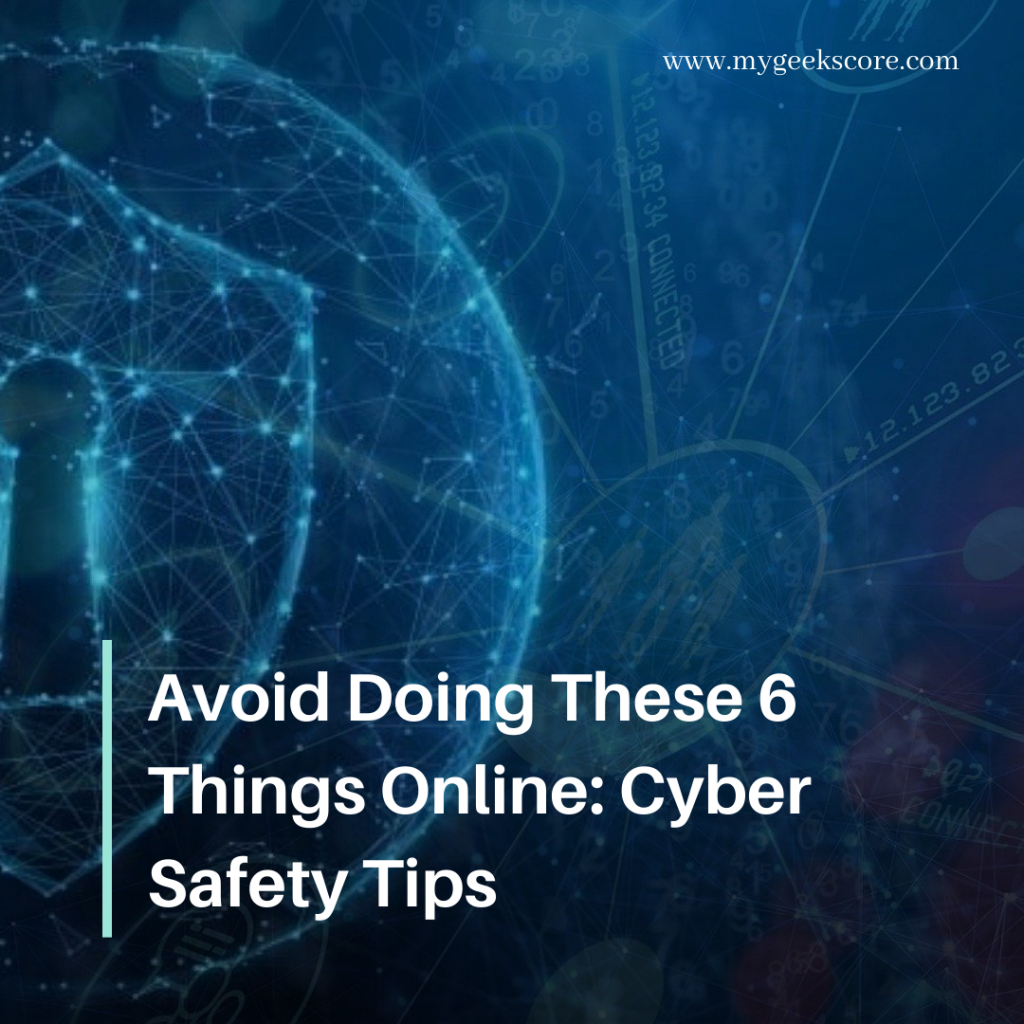
My Geek Score: The chronicles of recent months have unfortunately highlighted many cases of cyber espionage, which have affected thousands of users worldwide. Since, like millions of other people, you use your computer daily to work, surf the Internet, and for many other activities, you are worried that someone might sneak into your PC and steal your data without you noticing.
Cyber-security involves the protection of infrastructures through the prevention, detection, and reacting to a cyber attack. Unlike physical harm that we have immediate evidence of, cyber-attacks are often difficult to detect and understand.
These include viruses that wipe-out the entire system, intruders that penetrate PCs, alter files, or use our machines to attack others or steal confidential information. The spectrum of risks is potentially limitless: some threats are more serious and sophisticated than others. They can have far-reaching effects, from individuals to communities and businesses.
For this reason, you wondered how to protect your computer from hackers (or rather, from “crackers,” those expert computer scientists who exploit their skills and knowledge for illicit purposes), and that’s how you ended up here, on my blog, hoping to get some useful advice.
Now you know how dangerous the cyber attack threat is, but what are best measures to protect yourself from being a victim of it? Simple, follow the below practises.
Don’t Download Free Software From Websites You Don’t Trust.
Very often, malware is downloaded (unknowingly) along with apparently harmless software. To avoid such a thing from happening, do not download software from unreliable sources and, if possible, prefer those found in the Windows and Mac OS stores, which undergo a process of analysis and review before being published and put available for download.
Avoid Public Wi-Fi Networks
Another trick you can take to prevent someone from sneaking into your PC is to not connect to public Wi-Fi networks that are not being properly protected and are easy prey for cyber criminals who use them to “sniff” user data that is connected to it.
Beware Of Phishing Attacks
Paying attention to phishing is another thing you need to take to protect your PC from cyber attacks. Phishing system is one of the oldest techniques crackers uses to breach computer systems and one of the most effective.
What exactly does this hacking technique consist of? Usually, the cybercriminal sends his potential victim an email inviting the user to download an attachment (in which malware is well hidden).
Other times the email invites the user to click on a link, which refers to a Web page created ad hoc by the cracker who, with an “excuse” (such as, for example, the request to reset the password for access to home banking services), prompts the victim to reveal their credentials or other valuable information.
The only concrete way to defend against this kind of attack is to ignore suspicious emails by not consenting and never download attachments inside them or click on “strange” links if you want to reduce the reception of unwanted emails.
By keeping these two vital elements up to date, you can benefit from the latest security patches that can effectively protect your computer.
Do Not Use Free Antivirus Software, Never!
Free antivirus software downloaded from the web, shared to you by your friend are of no use. They only offer basic protection, no option for security updates and no customer support from the company. Using a updated licensed antivirus is for sure an effective way to protect your system from attacks.
Genuine antivirus software allows you to scan for threats to detect and remove them, before they become a serious problem. Having such protection allows you to better protect your computer and data from cybercrime, thus ensuring maximum peace of mind.
Avoid Weak Passwords
Ensure that you use a good strong passwords having all kind of combination like capital and small letters, symbol, special characters; also, avoid typing same password everywhere. Change passwords periodically and use a different password to access each of the websites that are used.
Or you can try good Password managers; to generate randomly secure passwords for each of your online account.
Avoid Fraud Transactions
Do not click on any of the email links if the sender is mistrusted, as they may be false and lead to questionable sites. In case of doubt, you can write the sender’s web address directly in the address bar, inspect the web pages of official organizations or prestigious media to identify the source, or call the company that sent the mail.
Do not provide any personal data unless you have the security that it is a reliable website. Providing personal information such as the CVV, account number, or bank card number, can make them impersonate the digital identity. Also, never do online Banking from open or shared Wi-Fi networks.
If you use your mobile to receive messages with authorization codes for operations, it is advisable to protect it by installing an antivirus and always controlling it.

